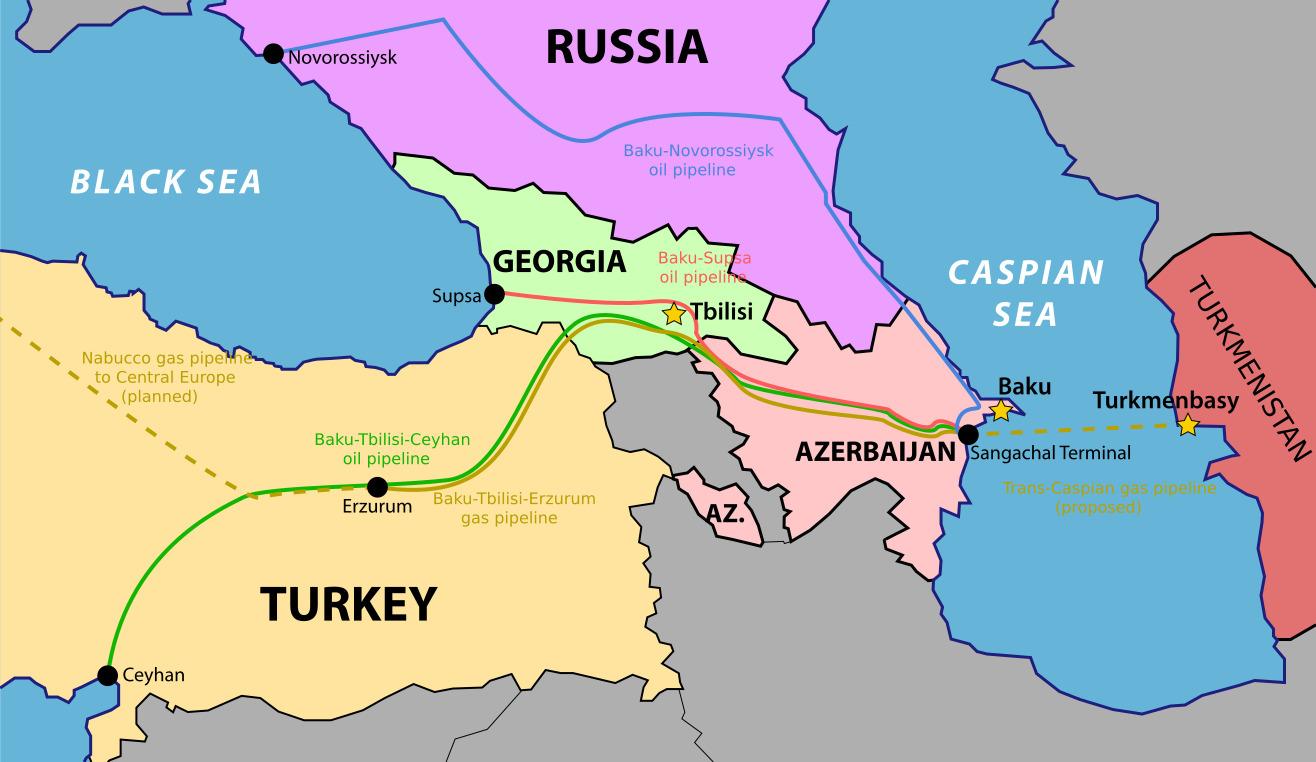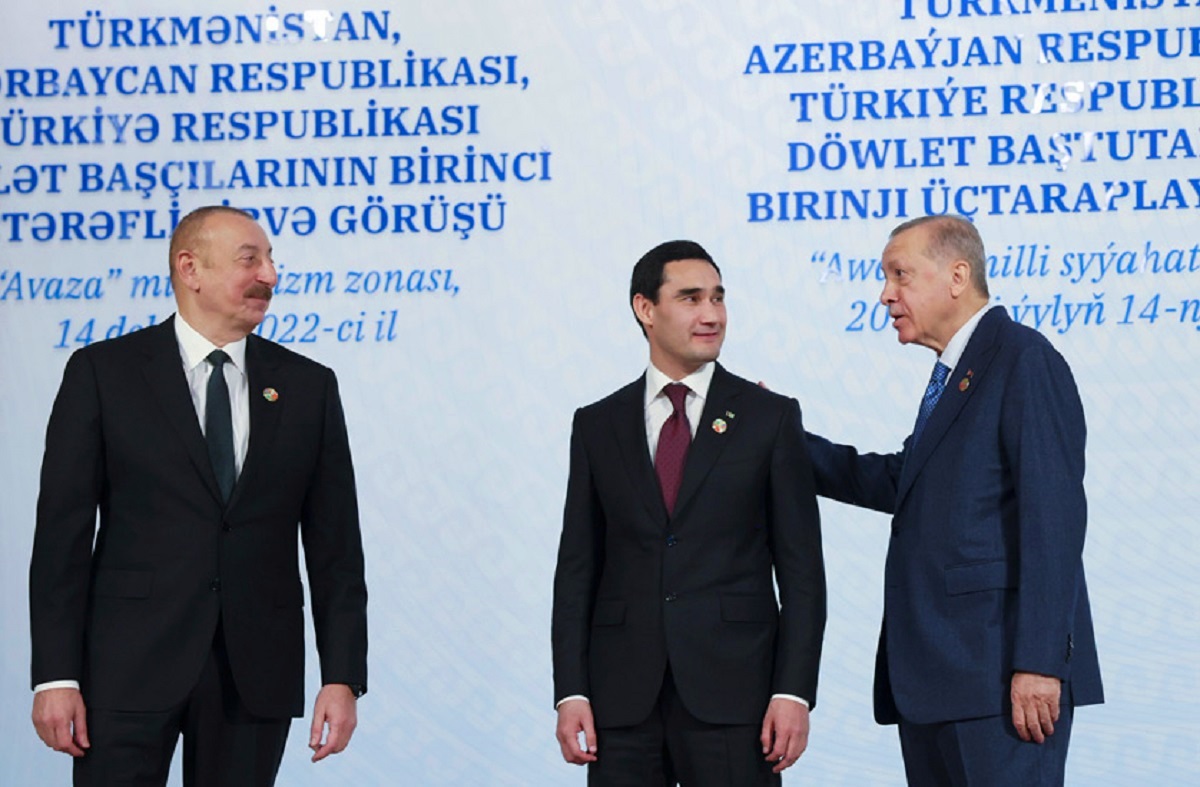Turkmenistan, being committed to the strategy of diversifying energy flows, expresses its readiness to continue cooperation with partners in the implementation of the Trans-Caspian pipeline project., the country's Foreign Ministry reports.
Its strategic goal is to transport Turkmen gas to European markets via Azerbaijan and Turkey. It is expected that the design capacity of the pipeline, 300 km long, may reach 30bn cubic meters of gas annualy.

The press release expresses conviction that "there are no political, economic, financial factors hindering the construction of the gas pipeline".
Official Ashgabat has no doubts about the international legal validity of the project after the adoption in 2018 by five coastal states of the fundamental document regulating the key principles of policy in the Caspian - the Convention on the Legal Status of the Caspian Sea.
Article 14 of that document, in particular, states:
“1. The parties may lay cables and pipelines along the bottom of the Caspian Sea.
3. Determination of the route for laying underwater cables and pipelines is carried out in agreement with the Party through the bottom sector of which the underwater cable or pipeline is to be laid”.
"Thus, today the construction of the Trans-Caspian pipeline is directly related to the delimitation of the seabed between Turkmenistan and the Republic of Azerbaijan."
The Foreign Ministry of Turkmenistan believes that this project " is an absolutely realistic project, justified from an economic point of view, capable of making a tangible contribution to ensuring energy security in Eurasia".
Background
In 2015, a Declaration on the development of cooperation in the field of energy between Turkmenistan, Azerbaijan, Turkey and the European Union was signed in Ashgabat. The document focused on the Trans-Caspian gas pipeline project.
By that time Turkmenistan at its own expense had laid a linear gas pipeline over 700km long from Galkynysh to the shores of the Caspian Sea.
It seemed that it was already possible to lay the gas pipeline on the Caspian Sea bed to the shores of Azerbaijan, as its legal status had been approved after twenty years of negotiations between the Caspian littoral states.
In 2020, it was reported that Turkmenistan was preparing a draft legal framework agreement with the EU on future gas supplies from Turkmenistan to Europe.
In December 2022, the presidents of Azerbaijan, Turkmenistan and Turkey met in Awaza to discuss options for transportation of Turkmen gas to Europe. The parties agreed to set up working groups.

Europe is also preparing the ground for high-level talks. In June, a delegation from the European Parliament visited Ashgabat to discuss possible ratification of the Partnership and Cooperation Agreement (PCA) signed back in 1998. Progress in this area could create a legal basis for a business partnership.
Experts told Daryo that the relevance of the discussed European route has increased after the EU decided to get rid of its critical dependence on Gazprom. This comes against the backdrop of the war in Ukraine.
Credits: Eziz Boyarov
Comments (0)